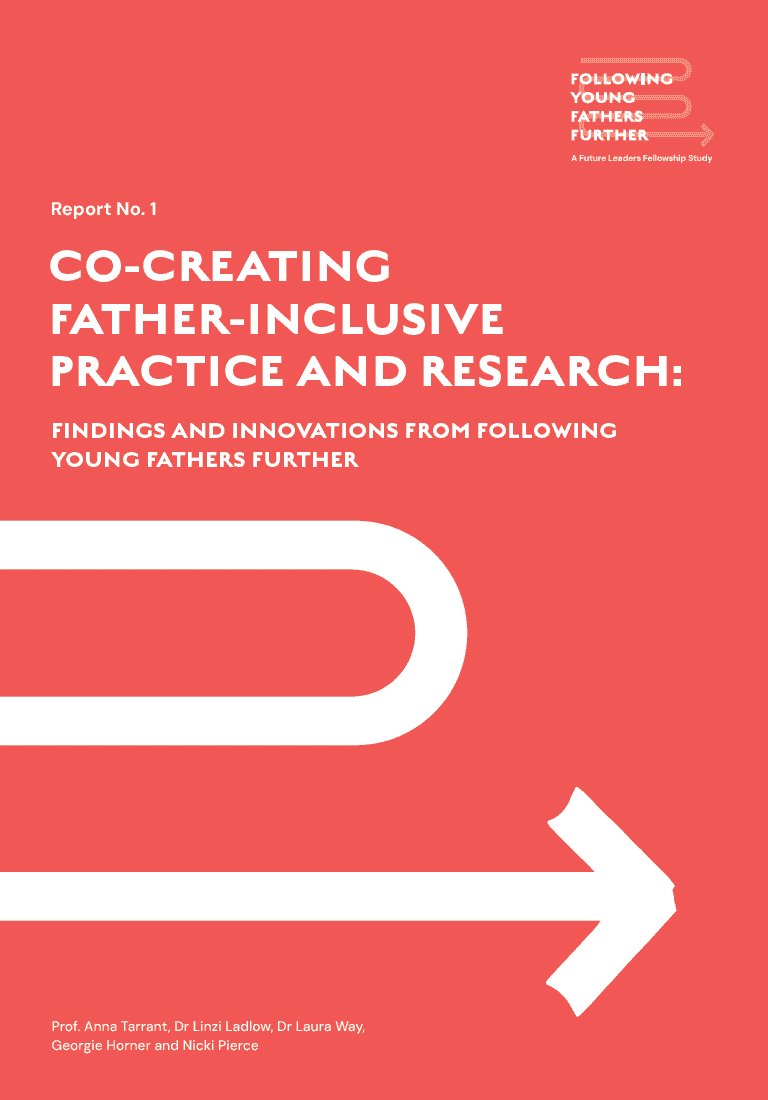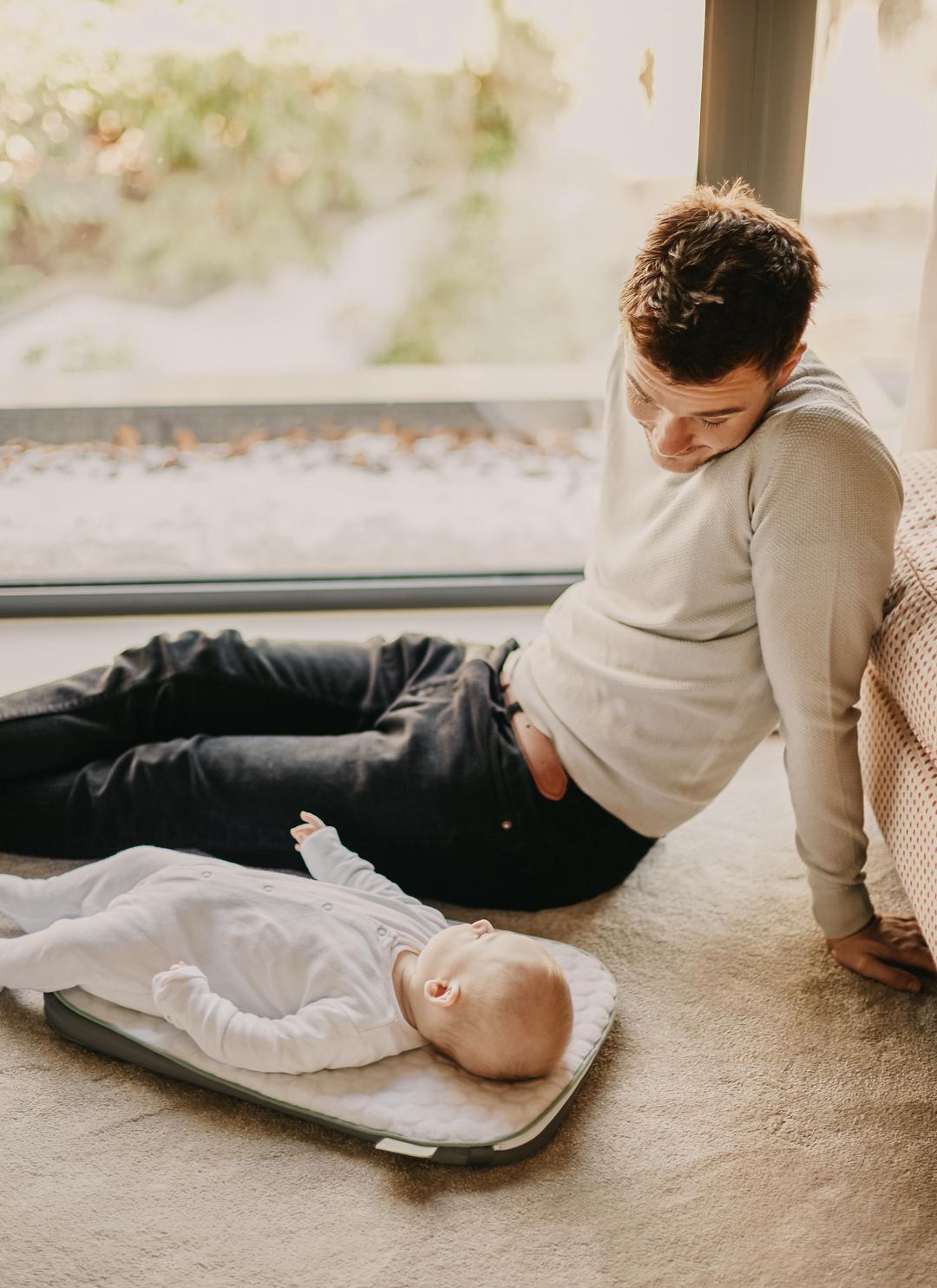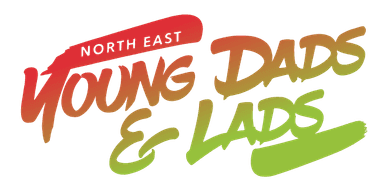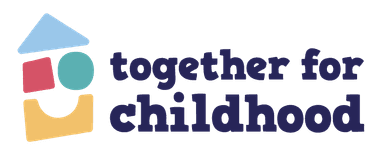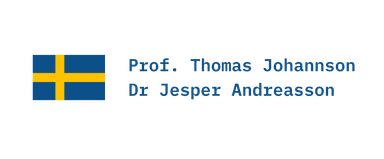“[daughter]'s almost two-year-old. She came up the house and she actually really liked it. Preferably my house is the best place for her to, for the contact to be, if I’m honest, 'cause we just buy toys for her all the time. We’ve got a lovely garden that she can play in, lovely, big, and we’ve got a sandpit in there. We’ve been buying loads of things for her to play with to keep her occupied.”
I was 17 when I had my child
“[Speaking about support of young fathers] We’ve done a lot of kind of advocation and representing them, a lot of the time there’s involvement with statutory services. They don’t have the care of the young person, the care’s provided by the state or the mother, so we’ve attended lots of meetings with the young person to offer additional support and facilitated contact where necessary and offered just general emotional wellbeing, support, improving robustness and resilience, encouraging them to have as amicable relationship as possible.”
“And I suppose it goes back to what we were saying before about behaviours, maybe the education side of stuff and the fact that men aren’t involved in those early conversations, you know, whether it is, I know they’re invited to come along to bumps to babies but I don’t know whether we go into the detail around some of that brain development side of stuff and things like that. Maybe that is the thing that really would change things. You know, if you were given all of that information about what happens to a child as they grow, in a scientific way, as easy to understand as possible, could be the thing that impacted on behaviour in the home.”
“If your child’s with the mother, like your relationship with her depends on your relationship with the child, innit. That’s what I realised a lot, like you can try and be bitter, you can try and be this, be that, but it’s just gonna push you further away from your child, innit.”
“I wanna fight for more stuff for dads. Like I do wanna have that extra support for new dads or even existing dads that we don’t get now 'cause we’re still important too although obviously the mum does need the majority a’ the care because obviously of the after care and the birth. But like the dads take it extremely hard as well. And obviously with having no support I think it increases the rise of mental health.”
I became a father for the first time at 20. I am now a dad of 3.
“I think both a mother and father combined, it’s communicating and both being on the same page of what’s best for your child or children, and for both, it’s just being there 100% for them and not, like, putting yourself first, it’s, you know, putting the child’s interests first...
”
I was 23 when I had my child
“We need to be including, we need to not [just] be focusing on mum and child […] That’s a great focus but dad … dad’s not invisible, dad needs to be in the picture as well because there’s research that shows you the effect it has on children and families as a whole when dad isn’t in the picture, so services need to be changing the way in which they work so it’s more inclusive.”
Children and Families Support Organisation “Cause I think a lot of the time, some of young people who end up having children have been through the care system or support systems and they can feel quite judged or labelled by organisations and it’s breaking the cycle and breaking them out of that to feel empowered to be able to take stuff back, that’s the real interest to me. So, it’s about getting support right, as in being there and giving advice and guidance and all them things that we can do, but also making sure that we are doing with people as opposed to people.”
“One of the most successful projects we ever did was an informal dads’ group, and it used to be on Saturdays […] they did what they wanted, they used to do things like breakfast, and they would have breakfast together and talk about dad stuff and where they were taking their kids. And that group was always really well attended because there was never an agenda. They were never judged. They were just there together.”
Children and Families Support Organisation “...the whole stay at home dad thing is not something to be ashamed of, you know, if you’re a dad and you wanna take your daughter out for the day, or you wanna take your kid out for the day on your own, well why is that frowned upon, why can’t you take your child out for the day
”
I was 24 when I had my first child.
“Oh…patience…compassion…tolerance, a whole boatload a’ that! Honestly, I like a whole lot of life. Sacrifice…compromise, yeah I think, yeah I think they, they would be the, the big, the five, I feel, I think that was five, they would be the main. ”
I was 20 when I had my child
“We’re currently in touch with social services for two [dads] because they don’t understand why they can’t see their children because they haven’t been informed by social services, their partner. So there’s a massive communication breakdown with those young men, so that’s the main focus of what we’re dealing with at the minute.”
Young Fathers' Support Organisation “it’s still…the…sense of judgement I get from other people when they find out that I have a child.And they say, ‘oh how old is she’.I say, ‘oh she’s ten’. And they say, ‘oh how old are you?’. Like you don’t need to know that....I know exactly where that thought process is going, you know. It’s like, ‘oh you look really young and you’ve had a kid’. It’s like, ‘yeah I know, I was there!’”
I was 20 when I had my child
